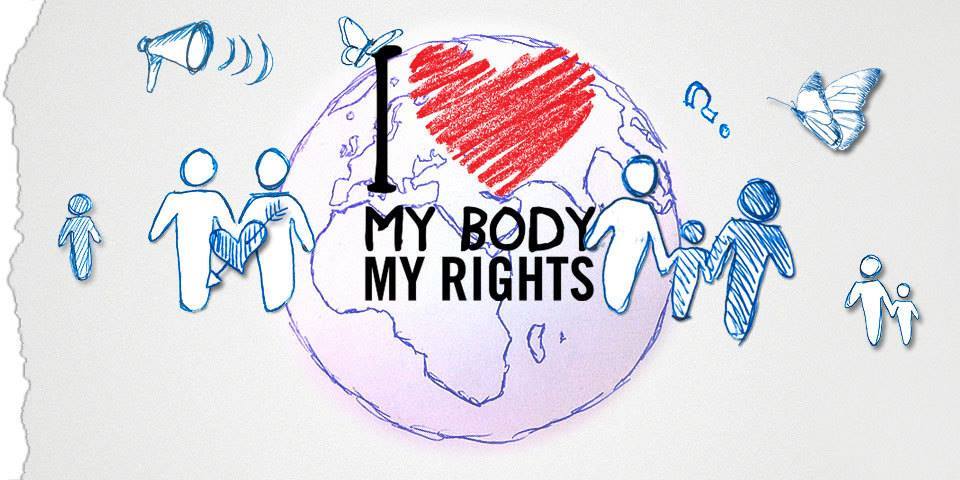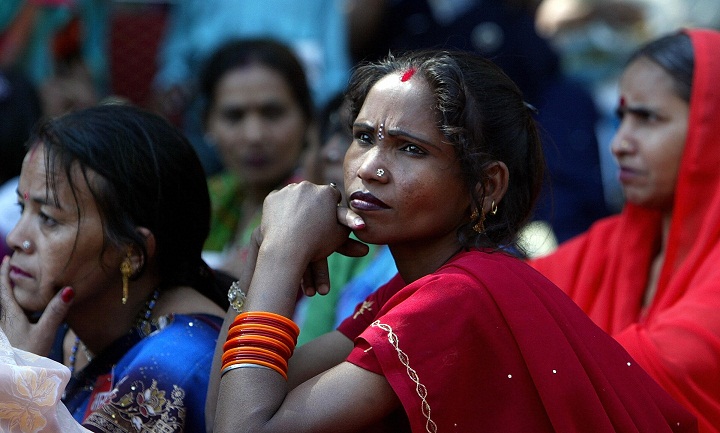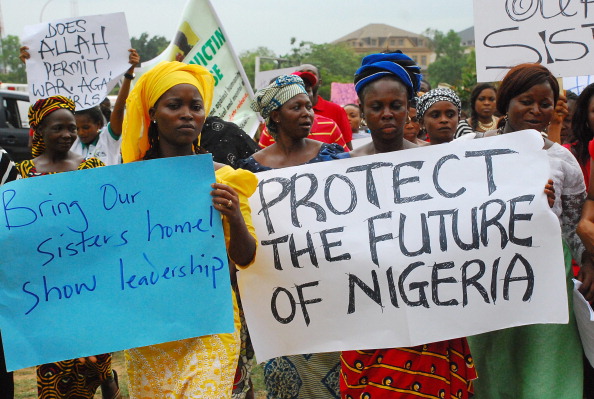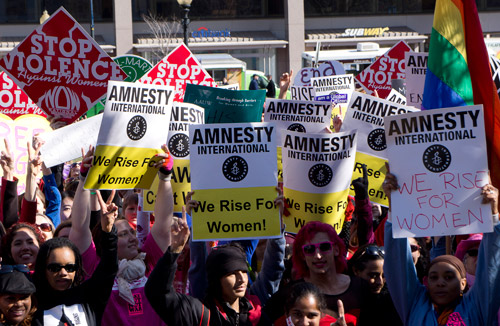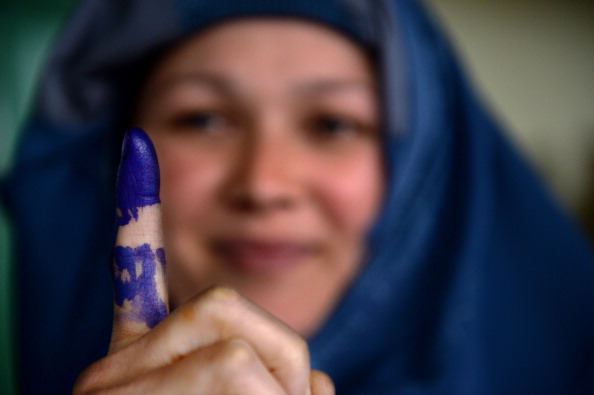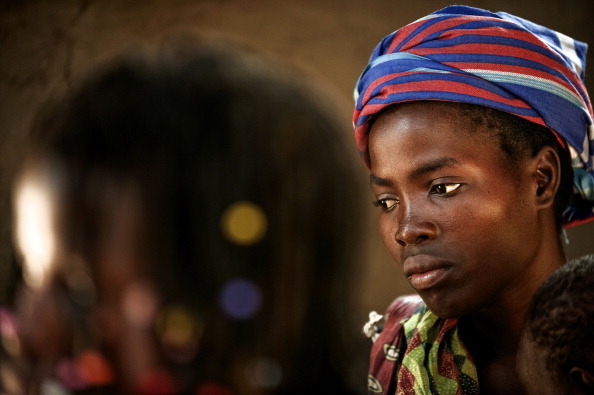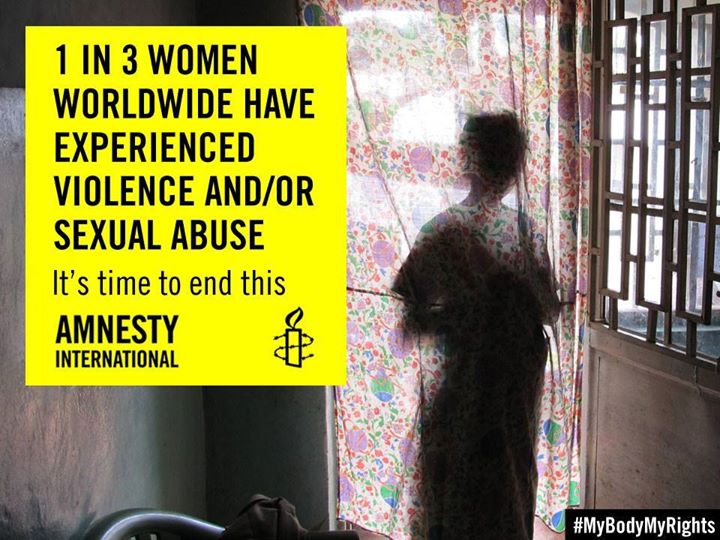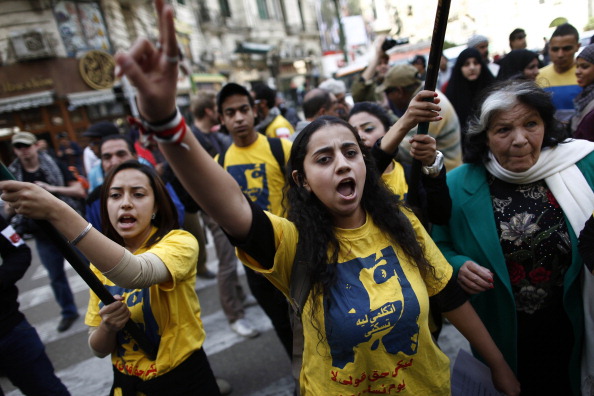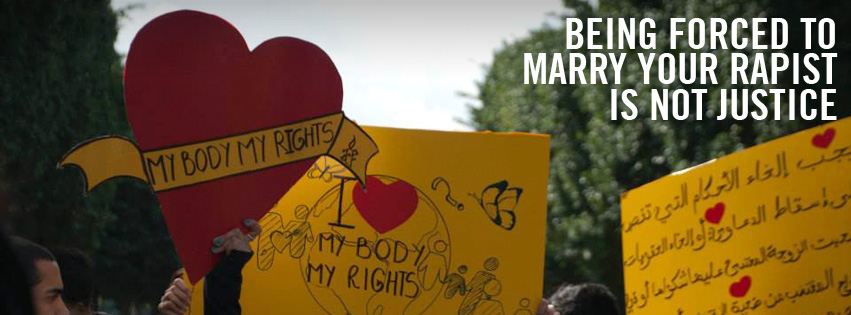
While Morocco has amended a law that allowed rapists to escape punishment by marrying their victims if they are younger than 18, there are still numerous legal and procedural ways in which it actively discriminates against women and girls (Photo Credit: Amnesty International).
This blog posting is part of a series Amnesty International USA is publishing to coincide with the U.S.-Africa Summit occurring August 4-6th, 2014. We are utilizing the series to highlight human rights concerns on the continent we feel critically need to be addressed during the summit discussions.
Contributed by Jihane Bergaoui, Amnesty International Country Specialist for Morocco and the Western Sahara
This week, President Obama will welcome nearly every African head of state to Washington, D.C. for the first ever U.S.-Africa Leaders Summit. As one of America’s oldest and most strategically important allies, Morocco is expected to participate in the conference.
Morocco’s continuous efforts to appear as one of the region’s most stable and progressive countries provide human rights activists and U.S. government officials a unique opportunity to successfully pressure Morocco to end violence against women.
